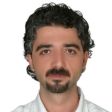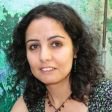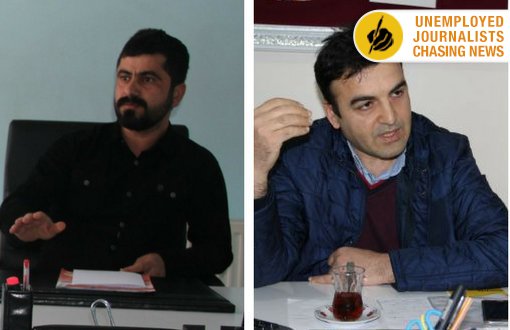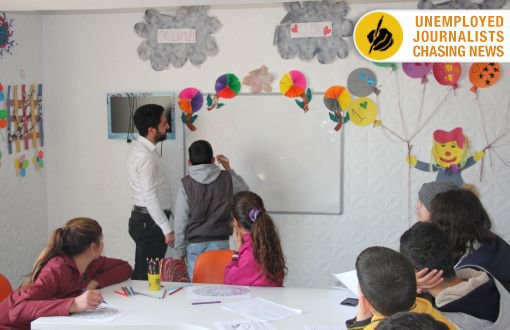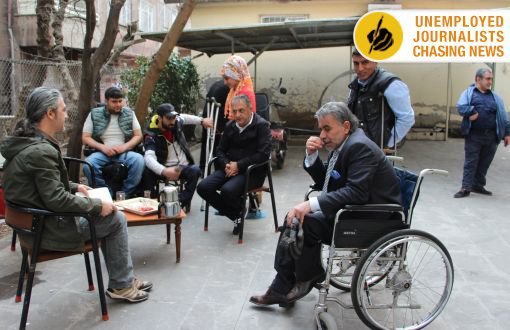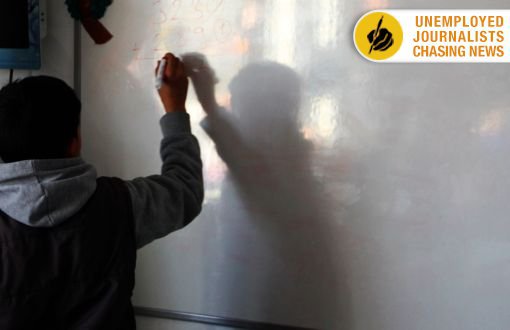Click to read the article in Turkish and Kurdish
330,280 people with disabilities receive education at private rehabilitation and education centers of which there are more than 2,000 nationwide. A large portion of the people with disabilities receiving education at the private rehabilitation and education centers are students. At these centers, the students receive education based on their disability conditions and the areas in which they are lacking.
The issues, which are voiced by the people with disabilities and are discussed across the country, are on the agenda of some private rehabilitation and education centers. Many centers want the inspections to be conducted more frequently, abuses to be prevented, and schools of educational and commercial intent to be differentiated.
We spoke with Ayışığım Education and Rehabilitation Center Director Doğan Bukan and Bir Umut Rehabilitation and Education Center Director Mehmet Çapak about the education program implemented in the private rehabilitation and education centers, who can receive education, and the problems that have been experienced.
Doğan discussed the outstanding problems and touched upon [possible] solutions. He also shared the practices of EU countries.
Director Bukan says
.jpg)
The Private Ayışığım Education and Rehabilitation Center was established in 2013. It provides service to 135 registered students with its staff comprising eight teachers and one psychologist. Stressing that the service provided is “support education,” Doğan Bukan explains the process that is followed and which needs to be followed.
A student having a certificate with at least 20% disability applies to the Consultation Research Center (RAM) with his/her parents.
The committee formed within the body of the National Education sets an annual program in line with the child’s/student’s needs.
Parents choose the center that they believe to be most beneficial.
As part of the program, eight hours of personal education and four hours of group education is provided per month.
Adaptations and differences in education
Since their programs are different from each other, the rehabilitation centers admit new students if the applicant student’s program is in accordance with the center’s program.
Bukan says they provide education in two categories at Private Ayışığım Education and Rehabilitation Center: education for students with a learning disability and for students who are mentally challenged.
“The students with learning disabilities are within the scope of the inclusion program. These students receive Turkish and mathematics courses. The curriculum carried out at the private rehabilitation and education centers is run in coordination with the child’s school and RAM.
“Our students continue their education at their regular schools. We provide education within the framework of the plan given by RAM and approved by the Ministry of National Education. This education can differ based on student’s situation.
“We receive the students to classes in two groups. We have two students who are siblings. One of them is in the inclusion program. He is slightly disabled; the other sibling’s situation is a bit more serious. In order to ensure the sibling with a slight disability is not negatively affected, we take them from their homes separately. We send two shuttles every day. We need to approach this matter sensitively.”
Shuttle problem
It has been found to be problematic to have people with learning disabilities, seriously mentally challenged people, people with disabilities, or people of different ages together in the same shuttle.
Bukan underlines the importance of society’s perspective. Some rehabilitation centers are described as “school of lunatics” in society.
“The children coming to the rehabilitation centers are described as insane. Both children and their families are affected by this. We refrain from placing emblems or names on our shuttles”.
Lack of teachers, expert staff
Bukan says the problems experienced in the rehabilitation centers are only part of the overall problem.
“These students receive education at regular schools. It is the teacher who knows this student’s level and monitors his/her progress. Is this a specialist in this area? How many specialists are there on staff?
“How many teachers who are specialists in the area of people with disabilities are appointed? They are not appointed. Contracted teachers are frequently employed but no assignment is made. The problem will deepen if the practice of employing contracted teachers continues instead of appointing teachers to their areas of specialization.
Mehmet Çapak: EU practices are an example
_500.jpg)
Bir Umut Education and Rehabilitation Center Director Mehmet Çapak is of the opinion that the problems and abuses experienced nationwide don’t occur in Bingöl.
Çapak believes that the problems can be resolved through inspections and that the real problem lies in the system. He defends the Ministry of National Education extending the period of study. He points to the European Union as an example.
Çapak states that the inclusion system that is prevalent in Europe is not put into effect at all schools in Turkey, “This system not being prevalent is due to the lack of staff and buildings.”
In the Ministry of National Education Legislation on Private Education Institutions published in the official gazette dated May 18, 2012, the 12-hour education program applied in the private rehabilitation and education centers is described as “support education.” With the education program designated according to individual disability levels and groups, the aim is that the disability condition of the individual with disabilities be resolved or its effects be reduced to minimum so that they can fit into the society. It is also an aim to develop their fundamental self-caring and independent living skills. The program for t he individuals with disabilities is put into practice following the approval of the Ministry of National Education.
About this subject, the Ministry of National Education Legislation on Private Education Institutions says: “[With this program] it is ensured that the individuals who need private education, continue their education with their peers by means of inclusion at the same institutions. Special study classes and education support rooms are opened within secondary and non-formal education institutions by national education directorates. Home education is provided for the individuals who need private education on the preschool, primary, secondary and high school level and who are in no condition to directly benefit from education institutions.
EU practices in a nutshell, according to Çapak
Education for individuals with disabilities starts at the preschool age in EU countries.
The students make use of inclusion opportunities in countries such as Italy, France, Portugal, Spain and England. In these countries, the inclusion system at regular schools is made mandatory through laws.
Individuals with special needs receive education services in appropriate private schools in countries like Germany, the Netherlands, and Finland.
Education is provided for individuals with special needs at both private and regular schools in most EU member countries. (RB-LA/NU/HK)
Photos: Leyla Ayaz
Tomorrow: Bingöl 3-4
***
UNEMPLOYED JOURNALISTS CHASING NEWS
1- Even Though They Speak Through Their New “Occupations,” They Are Journalists
2- Journalism is Banned under theState of Emergency
3- Germany: New Generation Diaspora/Kopuntu
4- Germany: Immigration of the Suffocated
5- The Organization that Made "The Arab Girl Looks from the Window"
6- How They Work/Cannot Work, Breaking Down the Stereotypes
7- They Marry White People to Avoid Discrimination
* The "Unemployed Journalists Chasing News" project is being realized with the financial support of Matra-Human Rights Program of Consulate General of the Kingdom of the Netherlands.




